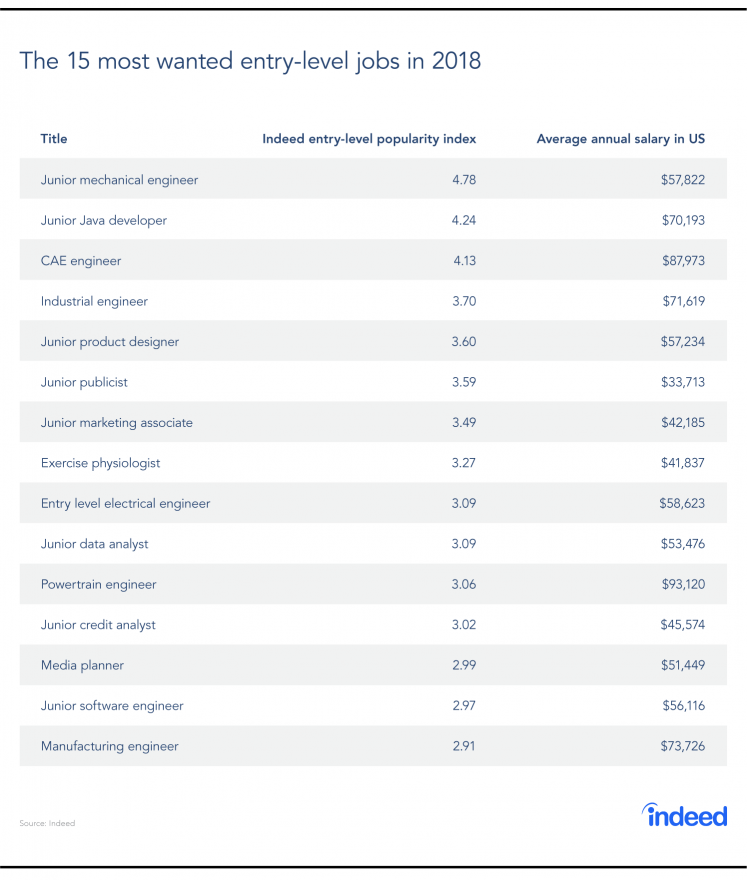In today’s competitive job market, securing an entry level job can be both an exciting and daunting task. Whether you’re a recent graduate, someone transitioning careers, or just starting out in the workforce, understanding the landscape of entry level jobs is crucial. This article provides a detailed guide to help you navigate the world of entry level employment, offering insights, tips, and strategies to help you land that first job.
Key Takeaways
- Entry level jobs are crucial for gaining experience and building a career foundation.
- There are diverse industries and roles available for entry level positions.
- Networking, skill development, and a strong resume are essential for securing a job.
- Understanding job descriptions and company expectations can improve your job application success.
Understanding Entry Level Jobs
Entry level jobs are positions that require minimal professional work experience and are typically aimed at individuals who are new to the workforce. These jobs provide a foundation, offering opportunities to gain experience, develop skills, and understand the professional environment.
Why Entry Level Jobs Matter
Entry level jobs are the stepping stones to a successful career. They allow individuals to:
- Gain practical experience and apply theoretical knowledge.
- Develop essential skills such as communication, teamwork, and problem-solving.
- Build a professional network that can be valuable throughout their career.
- Explore different industries and roles to discover personal interests and strengths.

Industries Offering Entry Level Jobs
While entry level jobs are available across various industries, some sectors are particularly known for offering abundant opportunities:
- Technology: With the rapid growth of the tech industry, roles such as software developers, IT support specialists, and data analysts are in high demand.
- Healthcare: Entry level positions like medical assistants, nursing aides, and administrative roles are crucial in the healthcare sector.
- Finance: Roles such as accountants, financial analysts, and customer service representatives provide a gateway into the finance world.
- Retail and Hospitality: These industries offer numerous positions such as sales associates, customer service representatives, and hospitality staff.
- Marketing and Sales: Entry level roles in digital marketing, sales support, and content creation are popular among new graduates.
How to Secure an Entry Level Job
Landing an entry level job requires strategic planning and execution. Here are some steps to enhance your chances:
1. Craft a Strong Resume
Your resume is often the first impression you make on potential employers. Ensure it highlights your education, relevant skills, and any internships or volunteer work. Tailor your resume for each job application to align with the specific requirements of the role.
2. Develop Relevant Skills
Identify the skills that are in demand for the entry level jobs you are targeting. Consider taking online courses, attending workshops, or gaining certifications to enhance your skillset. Skills such as proficiency in software tools, languages, or technical expertise can set you apart from other candidates.
3. Network Effectively
Networking can open doors to job opportunities that are not advertised publicly. Attend industry events, join professional groups on social media, and connect with alumni or professionals in your field of interest. Building relationships can lead to valuable referrals and insights into job openings.
4. Prepare for Interviews
Interviews are your chance to showcase your personality and fit for the company. Practice common interview questions, research the company thoroughly, and prepare questions to ask the interviewer. Confidence and preparation are key to making a positive impression.
5. Understand Job Descriptions
Carefully read job descriptions to understand the expectations and responsibilities of the role. Highlight keywords and phrases that match your skills and experiences in your resume and cover letter. Demonstrating a clear understanding of the role can increase your chances of being shortlisted.
Challenges and Solutions

While pursuing entry level jobs, you may encounter several challenges. Here are some common obstacles and how to overcome them:
Limited Experience
Many entry level candidates worry about their lack of experience. Focus on highlighting transferable skills and any relevant coursework or projects. Internships, volunteer work, and part-time jobs can also demonstrate your capabilities.
High Competition
Entry level positions often attract a large number of applicants. Differentiate yourself by showcasing unique skills, a strong work ethic, and a willingness to learn. A personalized cover letter can also make your application stand out.
Unclear Career Path

Choosing a career path can be overwhelming. Consider seeking guidance from career counselors, mentors, or industry professionals. Exploring different roles and industries through internships or informational interviews can help clarify your career goals.
Entry level jobs are a vital part of building a successful career. By understanding the landscape, preparing effectively, and approaching the job search strategically, you can increase your chances of securing a position that aligns with your career aspirations. Remember, every experience is a learning opportunity that brings you one step closer to achieving your professional goals.
With determination and the right approach, the world of entry level jobs offers endless possibilities for growth and success. Start your journey today and unlock the door to a promising career.